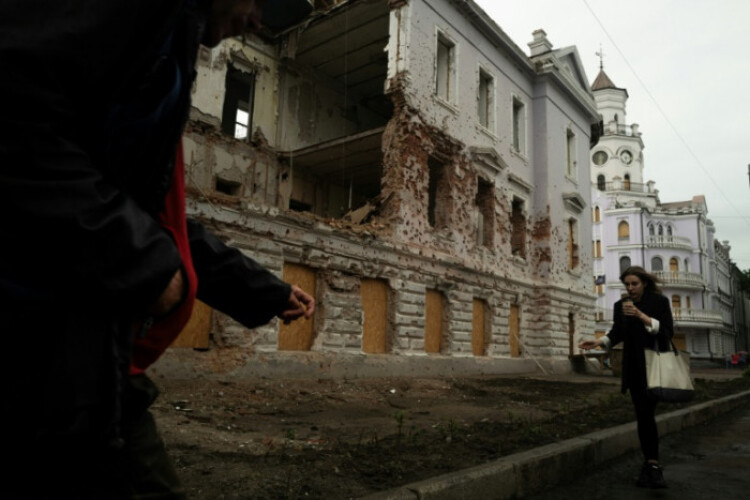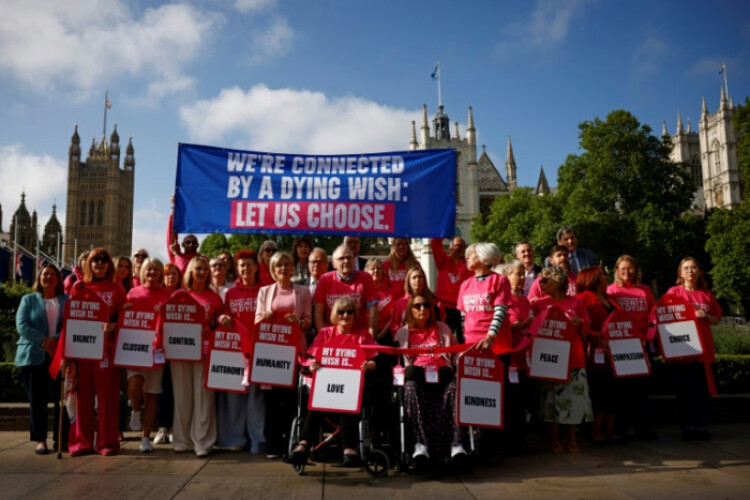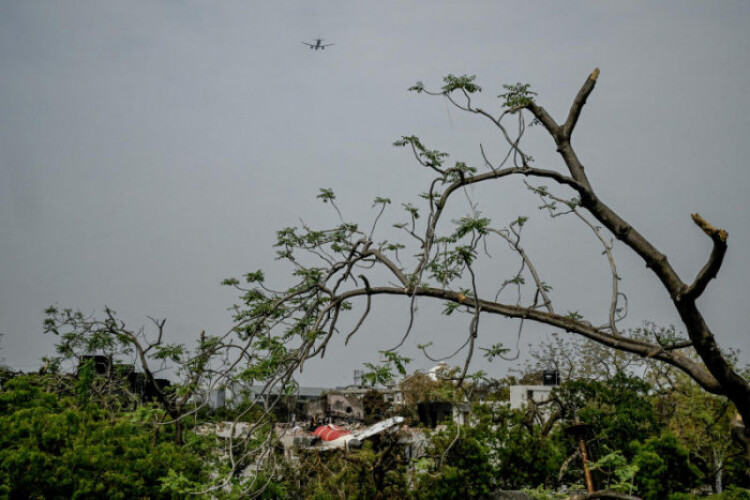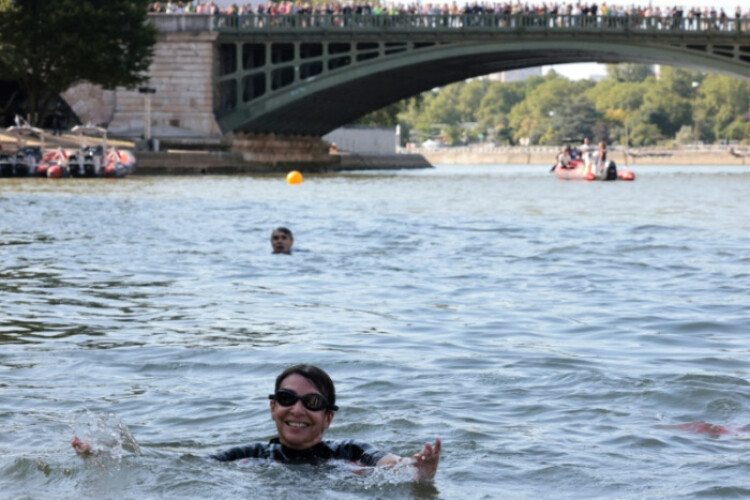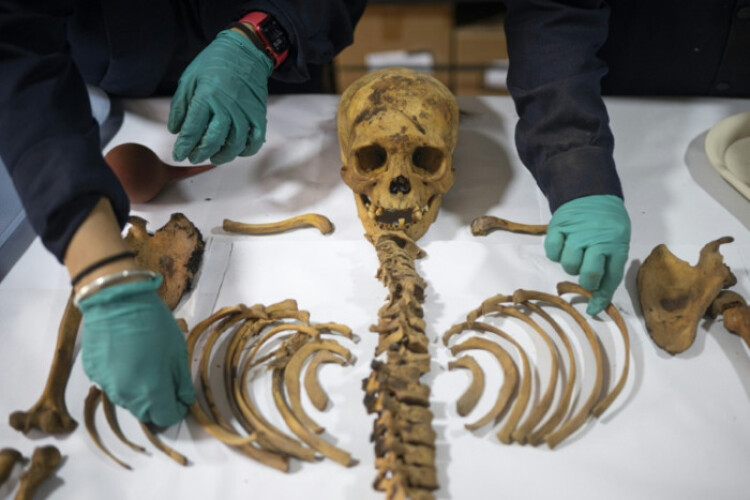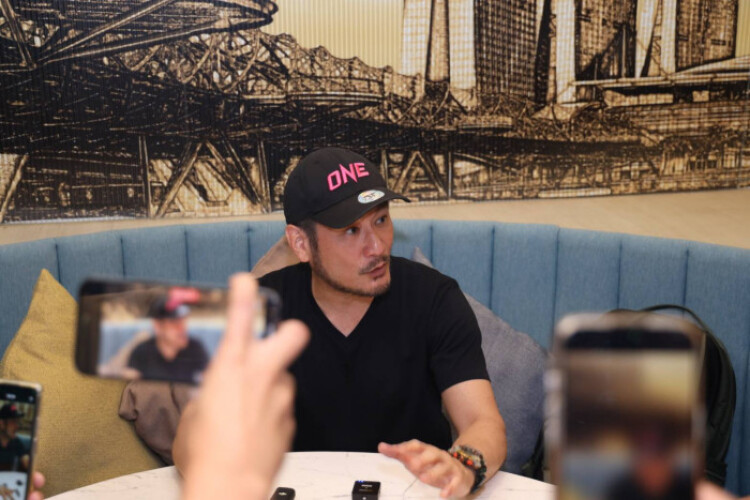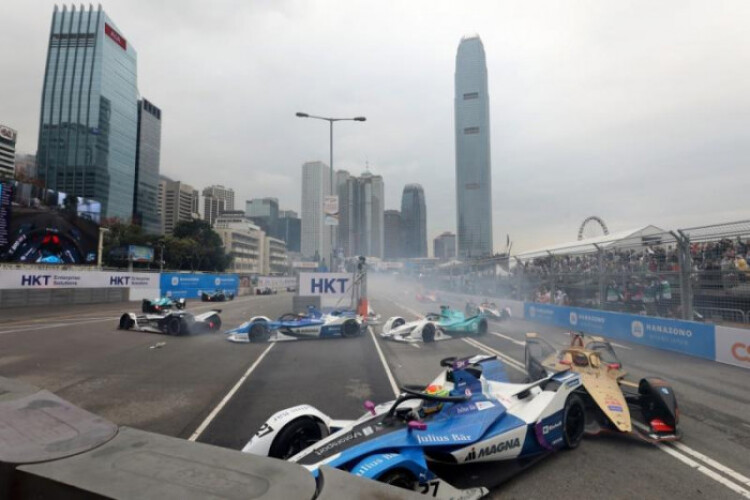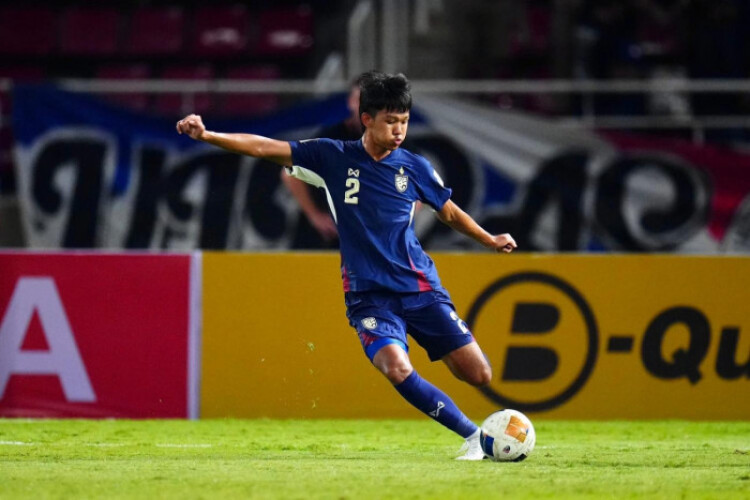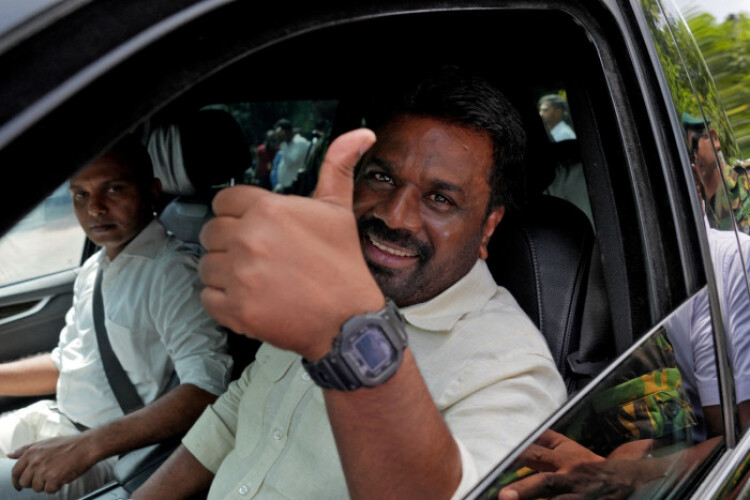
COLOMBO - The sweeping election win by the coalition of Sri Lankan President Anura Kumara Dissanayake has underlined widening support for his leftist policies, but he faces the test of steering the recovery from a financial crisis with an inexperienced set of lawmakers.
Dissanayake’s coalition, the National People’s Party (NPP) had just three seats in the previous parliament but scored a landslide victory in Thursday’s general election, winning a two-thirds majority in the 225-member house.
With the massive mandate, the South Asian nation of 22 million handed him legislative power to push through his plans to fight poverty in the country and will look to him to deliver them out of the country’s worst financial crisis since independence from the British in 1948.
Dissanayake, who comes from a small farming household in the southern city of Thambuttegama and is a physical science graduate, defeated political elites to secure his presidential term in September.
And his coalition, made up mostly of new political entrants, pulverised candidates from the Samagi Jana Balawegaya party of opposition leader Sajith Premadasa and experienced lawmakers backed by previous president Ranil Wickremesinghe.
However, Dissanayake’s promises to slash taxes and introduce stronger welfare support for millions of poor could clash with the completion of a $25-billion debt restructuring programme and taking forward a $2.9-billion International Monetary Fund (IMF) bailout.
“The president has a huge mandate now to carry through the reforms but also huge expectations from the people,” said Bhavani Fonseka, a researcher at Colombo’s Centre for Policy Alternatives.
“This is unprecedented, we haven’t seen this kind of victory before. People voted for a change.”
Despite his manifesto outlining plans to adopt a homegrown approach to Sri Lanka’s economic woes, Dissanayake has taken a more conciliatory approach since coming to power.
He said any changes to the contours of the IMF programme would be undertaken in consultation with the fund and that he is committed to ensuring repayment of debt. His government has continued engaging with the IMF and took forward a preliminary agreement with bondholders reached earlier in September.
A third review of the IMF programme was delayed due to the parliamentary election. The new government is expected to step up talks with the IMF and fiscal goals set under the programme are likely to be included in a budget to be presented to parliament early next year.
“We think it is unlikely that Dissanayake is emboldened by this sweeping victory to unveil a market-unfriendly set of policies that might be truer to his Marxist roots,” Tellimer Insights said in a note.
“All of his actions and rhetoric so far… have demonstrated his acknowledgement that there is little alternative but to continue down the path of policy course correction.”
Sri Lanka suffered an economic crisis in 2022, triggered by a foreign currency shortage that left it unable to pay for essential imports. After the government of President Gotabaya Rajapaksa defaulted on its external debt, the leader fled the country amid protests calling for him to take responsibility for the crisis.
Veteran politician Wickremesinghe, who succeeded Rajapaksa, secured a $2.9-billion bailout from the IMF. While the economy has been on a path to recovery in the past two years, the high cost of living has remained a major issue, leading voters to choose Dissanayake over Wickremesinghe in the September presidential poll.
Dissanayake’s coalition, the National People’s Party (NPP) had just three seats in the previous parliament but scored a landslide victory in Thursday’s general election, winning a two-thirds majority in the 225-member house.
With the massive mandate, the South Asian nation of 22 million handed him legislative power to push through his plans to fight poverty in the country and will look to him to deliver them out of the country’s worst financial crisis since independence from the British in 1948.
Dissanayake, who comes from a small farming household in the southern city of Thambuttegama and is a physical science graduate, defeated political elites to secure his presidential term in September.
And his coalition, made up mostly of new political entrants, pulverised candidates from the Samagi Jana Balawegaya party of opposition leader Sajith Premadasa and experienced lawmakers backed by previous president Ranil Wickremesinghe.
However, Dissanayake’s promises to slash taxes and introduce stronger welfare support for millions of poor could clash with the completion of a $25-billion debt restructuring programme and taking forward a $2.9-billion International Monetary Fund (IMF) bailout.
“The president has a huge mandate now to carry through the reforms but also huge expectations from the people,” said Bhavani Fonseka, a researcher at Colombo’s Centre for Policy Alternatives.
“This is unprecedented, we haven’t seen this kind of victory before. People voted for a change.”
Despite his manifesto outlining plans to adopt a homegrown approach to Sri Lanka’s economic woes, Dissanayake has taken a more conciliatory approach since coming to power.
He said any changes to the contours of the IMF programme would be undertaken in consultation with the fund and that he is committed to ensuring repayment of debt. His government has continued engaging with the IMF and took forward a preliminary agreement with bondholders reached earlier in September.
A third review of the IMF programme was delayed due to the parliamentary election. The new government is expected to step up talks with the IMF and fiscal goals set under the programme are likely to be included in a budget to be presented to parliament early next year.
“We think it is unlikely that Dissanayake is emboldened by this sweeping victory to unveil a market-unfriendly set of policies that might be truer to his Marxist roots,” Tellimer Insights said in a note.
“All of his actions and rhetoric so far… have demonstrated his acknowledgement that there is little alternative but to continue down the path of policy course correction.”
Sri Lanka suffered an economic crisis in 2022, triggered by a foreign currency shortage that left it unable to pay for essential imports. After the government of President Gotabaya Rajapaksa defaulted on its external debt, the leader fled the country amid protests calling for him to take responsibility for the crisis.
Veteran politician Wickremesinghe, who succeeded Rajapaksa, secured a $2.9-billion bailout from the IMF. While the economy has been on a path to recovery in the past two years, the high cost of living has remained a major issue, leading voters to choose Dissanayake over Wickremesinghe in the September presidential poll.

